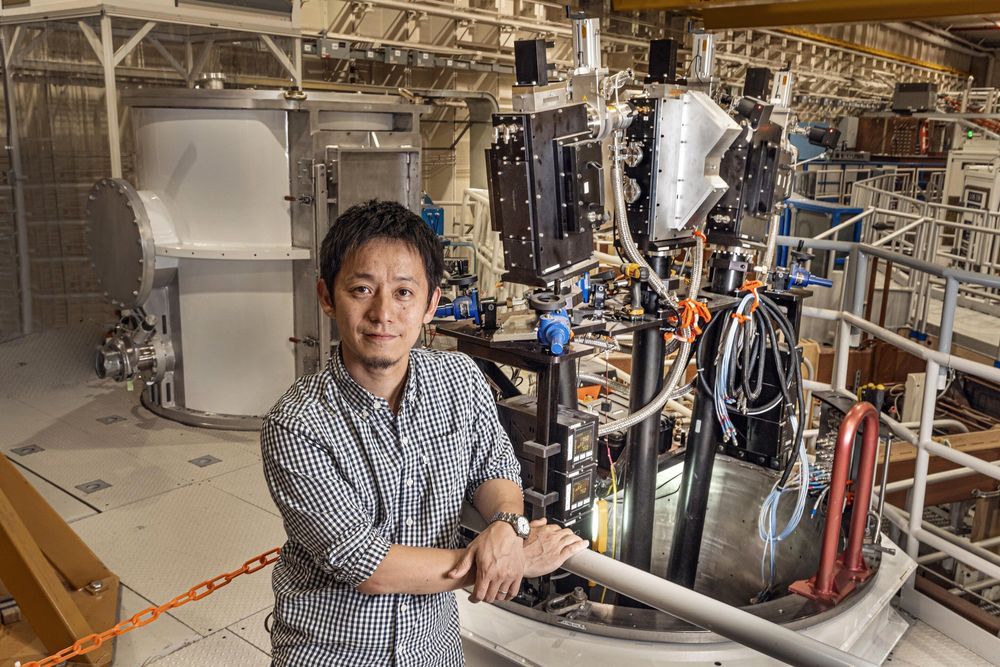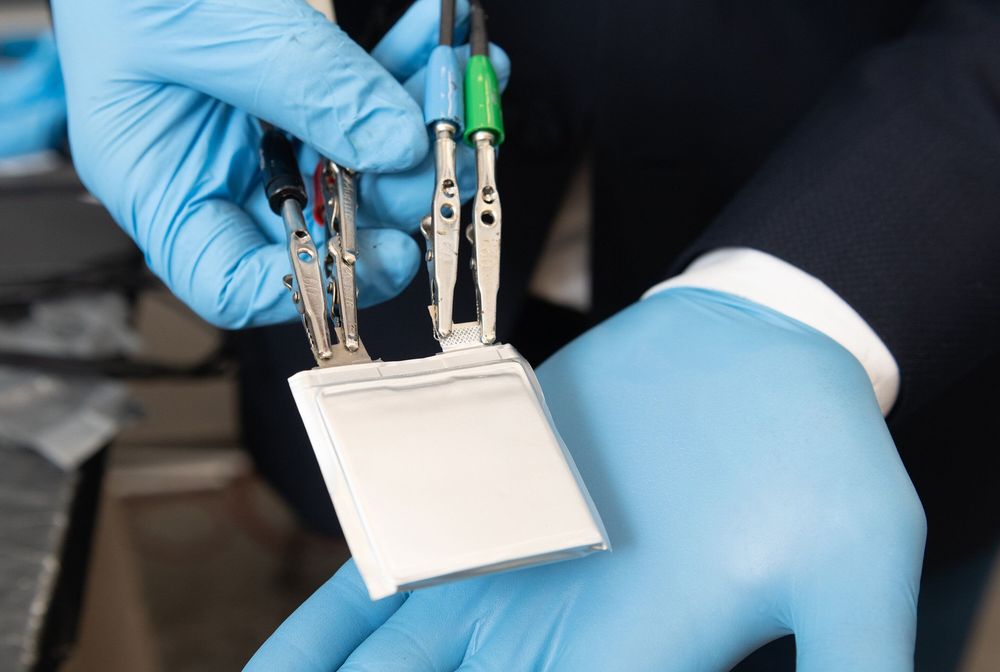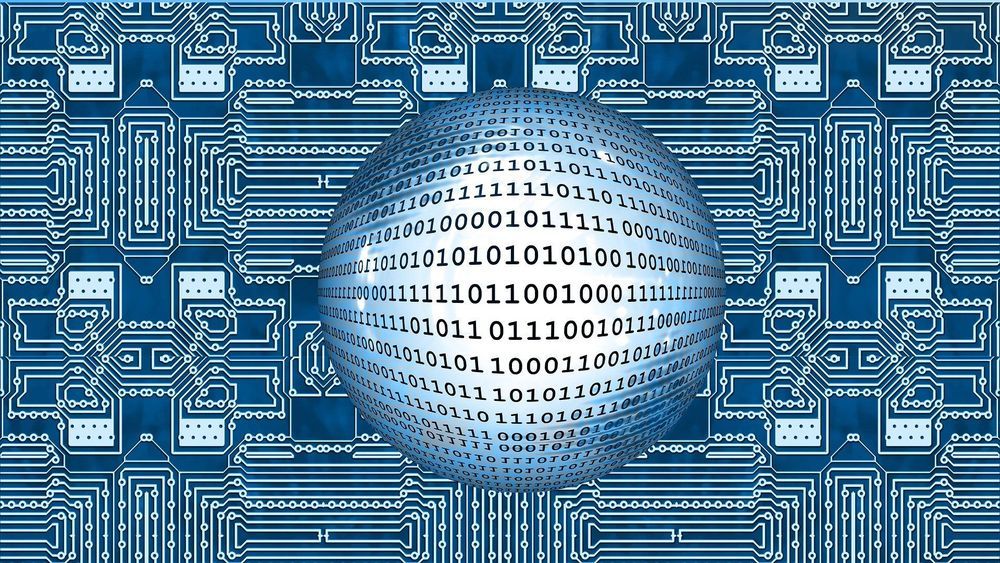Biomedical engineers have created an elastic glue that can seal wounds in 60 seconds.
Get the latest international news and world events from around the world.
Avoiding Prejudices In The Future World Of Transhumanism
It is a solid talk on an important message.
From cyborgs to the Sugababes, IT expert Robert Anderson talks about a world where the line between humans and machines becomes blurred. Drawing on his personal experiences of facing prejudices and bigotry while growing up, he shares his insight on how we can avoid repeating the mistakes of the past in order to create a society where humans and transhumans can live together in an open and equal manner. He urges us to take action now because as he says.
“Transhumanism is coming and it’s coming sooner than you think. We cannot afford to have the fear of the other rule this world.”
Robert Anderson has been interested in how technology can improve humans’ lives ever since he can remember. He started programming computers at age 10 and has been working in IT for the past 20 years with blue-chip companies to develop IT strategies and roadmaps.
The Strength of Human Bones
How strong are your bones?

The key question for the new economy: who owns the data?
The essence of the issue is property rights, which now extend to rights over individuals’ personal data. Traditionally, property rights referred to control of tangible assets, such as gold or oil, or control of intangible assets like patents and copyrights. In the digital era, technology can create huge amounts of intangible assets from individuals’ data without their knowledge. How the data is used could bring not only great benefits but also, potentially, great harm. This raises a crucial question: who has the right to control over these new assets?
Recognising and protecting property rights to each individual’s data or all individuals’ data is vital to determining the fate of the new economy.
Geneticist David Sinclair on the Latest Anti-Aging Studies | Joe Rogan
Taken from JRE #1349 w/David Sinclair:

Are black holes made of dark energy?
Two University of Hawaii at Manoa researchers have identified and corrected a subtle error that was made when applying Einstein’s equations to model the growth of the universe.
Physicists usually assume that a cosmologically large system, such as the universe, is insensitive to details of the small systems contained within it. Kevin Croker, a postdoctoral research fellow in the Department of Physics and Astronomy, and Joel Weiner, a faculty member in the Department of Mathematics, have shown that this assumption can fail for the compact objects that remain after the collapse and explosion of very large stars.
“For 80 years, we’ve generally operated under the assumption that the universe, in broad strokes, was not affected by the particular details of any small region,” said Croker. “It is now clear that general relativity can observably connect collapsed stars—regions the size of Honolulu—to the behavior of the universe as a whole, over a thousand billion billion times larger.”

Experiments at temperature of sun offer solutions to solar model problems
Experimenting at 4.1 million degrees Fahrenheit, physicists at Sandia National Laboratories’ Z machine have found that an astronomical model—used for 40 years to predict the sun’s behavior as well as the life and death of stars—underestimates the energy blockage caused by free-floating iron atoms, a major player in those processes.
The blockage effect, called opacity, is an element’s natural resistance to energy passing through it, similar to an opaque window’s resistance to the passage of light.
“By observing real-world discrepancies between theory and our experiments at Z, we were able to identify weaknesses in opacity figures inserted into solar models,” said Taisuke Nagayama, lead author on the Sandia groups’ latest publication in Physical Review Letters.

Stretchy plastic electrolytes could enable new lithium-ion battery design
The growing popularity of lithium-ion batteries in recent years has put a strain on the world’s supply of cobalt and nickel—two metals integral to current battery designs—and sent prices surging.
In a bid to develop alternative designs for lithium-based batteries with less reliance on those scarce metals, researchers at the Georgia Institute of Technology have developed a promising new cathode and electrolyte system that replaces expensive metals and traditional liquid electrolyte with lower cost transition metal fluorides and a solid polymer electrolyte.
“Electrodes made from transition metal fluorides have long shown stability problems and rapid failure, leading to significant skepticism about their ability to be used in next generation batteries,” said Gleb Yushin, a professor in Georgia Tech’s School of Materials Science and Engineering. “But we’ve shown that when used with a solid polymer electrolyte, the metal fluorides show remarkable stability—even at higher temperatures—which could eventually lead to safer, lighter and cheaper lithium-ion batteries.”

Future of portable electronics: Novel organic semiconductor with exciting properties
Semiconductors are substances that have a conductivity between that of conductors and insulators. Due to their unique properties of conducting current only in specific conditions, they can be controlled or modified to suit our needs. Nowhere is the application of semiconductors more extensive or important than in electrical and electronic devices, such as diodes, transistors, solar cells, and integrated circuits.
Semiconductors can be made of either organic (carbon-based) or inorganic materials. Recent trends in research show that scientists are opting to develop more organic semiconductors, as they have some clear advantages over inorganic semiconductors. Now, scientists, led by Prof Makoto Tadokoro of the Tokyo University of Science, report on the synthesis of a novel organic substance with potential applications as an n-type semiconductor. This study is published in the journal Organic and Biomolecular Chemistry. According to Prof Makoto Tadokoro, “organic semiconductor devices, unlike hard inorganic semiconductor devices, are very soft and are useful for creating adhesive portable devices that can easily fit on a person.” However, despite the advantages of organic semiconductors, there are very few known stable molecules that bear the physical properties of n-type semiconductors, compared to inorganic n-type semiconductors.
N-heteroheptacenequinone is a well-known potential candidate for n-type semiconductor materials. However, it has some drawbacks: it is unstable in air and UV-visible light, and it is insoluble in organic solvents. These disadvantages obstruct the practical applications of this substance as a semiconductor.
